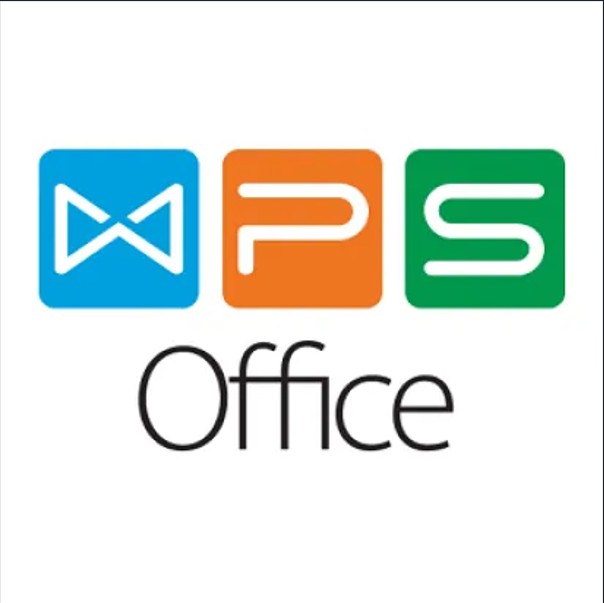Why Georgia Is Emerging as a Global Hub for Real Estate Tokenization

Real estate tokenization is changing how people invest in property. It is a process where property ownership is divided into digital tokens using blockchain technology. Each token represents a share in the property. This makes it easier for investors to buy, sell, and trade real estate. Tokenization is growing in many countries, and Georgia is becoming a strong player in this space. The country has taken early steps to combine its real estate market with blockchain systems.
Many global investors and experts are now looking closely at Georgia. The country’s unique legal system, crypto-friendly tax rules, and history with blockchain in land registries make it an attractive case study. Articles and insights from the Tokenizer.Estate Blog highlight how Georgia is building trust and moving toward large-scale property tokenization projects.
Georgia’s Early Blockchain Foundations
Georgia was one of the first countries to integrate blockchain into its land registry. Since 2016, the government has worked with blockchain partners to record property ownership in a transparent and secure way. This system reduces fraud and ensures that property records cannot be tampered with. More than 300,000 titles have been registered using blockchain technology.
This strong foundation has allowed Georgia to experiment with new forms of digital property management. In 2025, the government launched smart contract systems for real estate deals. These contracts make it possible to carry out property sales remotely, where payment and ownership updates happen at the same time. This level of innovation sets the stage for tokenized real estate to grow quickly in the country.
Tokenization in Georgia’s Real Estate Market
The progress of real estate tokenization in Georgia is not only theoretical. Real projects are already happening in the country. One example is the pilot project in Batumi, where a hotel and apartment complex under the Novotel brand is being tokenized. Through the initiative, investors can buy fractions of the property through digital tokens. This project reflects the opportunities and the trust international developers are placing in Georgia.
A detailed guide on these developments can be found in the article “Tokenization in Georgia: Bridging Real Estate and Blockchain,” which explores the country’s efforts to create a bridge between property ownership and blockchain technology. These case studies show that tokenization is not just a concept but a working reality in Georgia.
Why Georgia Attracts Real Estate Tokenization
Georgia has specific strengths that make it a good environment for real estate tokenization. These include legal flexibility, crypto-friendly tax systems, and international investor access. Together, these elements create a business-friendly climate for new technologies.
Crypto-Friendly Tax Policies
One of Georgia’s most attractive features is its tax policy toward cryptocurrency. The government does not impose capital gains tax on crypto for individuals. Digital assets are often treated as barter rather than taxed transactions. This makes it easier for tokenized property systems to grow without heavy tax burdens.
Foreign Investment Opportunities
Georgia allows foreign investors to own most types of property without complex restrictions. This openness makes tokenized real estate especially appealing. A person from abroad can invest in a share of a property in Georgia through digital tokens, which provides a safe and legal pathway into the market.
Early Blockchain Experience
Georgia’s early use of blockchain in its land registry gives it credibility. Investors know that the government is open to new technology and is already using it at scale. This helps to build trust in the potential of tokenized property deals.
Government Support
Authorities in Georgia have shown interest in supporting digital innovation. The government has built partnerships with blockchain companies, tested smart contracts for real estate, and is open to adjusting its legal frameworks for new technologies. This willingness to adapt is important for investors and developers.
Benefits of Real Estate Tokenization in Georgia
Tokenization offers many benefits for investors, property owners, and developers. Georgia’s case highlights these advantages clearly.
- Increased liquidity: Investors can buy and sell property tokens more easily than entire properties.
- Lower entry barriers: Small investors can participate by purchasing fractions of property instead of whole assets.
- Global access: Investors from anywhere can join the Georgian property market.
- Transparent transactions: Blockchain records make ownership secure and reliable.
- Reduced fraud: Property records on blockchain are permanent and difficult to manipulate.
Challenges and Risks of Tokenization in Georgia
Despite the positive outlook, challenges remain for Georgia’s tokenization journey. Understanding these risks is important for both investors and developers.
Legal and Regulatory Gaps
Georgia does not yet have a full legal framework dedicated to tokenized real estate. While traditional laws on securities and property may apply, the lack of specific rules can create uncertainty for global investors.
Low Public Awareness
Many local investors and citizens are not fully aware of tokenization and how it works. Without education and trust, adoption will be slower.
Technical and Security Risks
Tokenized platforms require secure wallets, trading systems, and smart contracts. If these are not properly managed, investors may face risks of hacks, theft, or technical errors.
Market Maturity
Tokenization is still new. Georgia’s platforms and projects are in early stages. For tokenization to grow, the ecosystem of exchanges, legal services, and investor networks must expand.
Case Study of Batumi’s Tokenized Real Estate Project
One of the most interesting examples is the Batumi Novotel tokenization project. This initiative combines global hotel brands with blockchain solutions. The project allows token holders to participate in the success of the property while enjoying the benefits of fractional ownership.
This case study shows how Georgia can use its legal system and blockchain experience to attract international players. It also highlights how tokenization can benefit tourism-focused cities like Batumi, where property demand is high.
Georgia in the Global Tokenization Landscape
Georgia is not the only country exploring tokenized real estate. Countries like the United Arab Emirates, Kazakhstan, and Spain are also testing or implementing similar systems. However, Georgia stands out because of its quick adoption of blockchain for government records, its favorable tax rules, and its openness to foreign investors.
Compared to larger markets, Georgia may be smaller, but its agility gives it an advantage. The country can adjust policies faster, attract pilot projects, and position itself as a hub in Eastern Europe and the Caucasus.
Future Outlook for Tokenization in Georgia
The future of tokenization in Georgia depends on how well the country addresses its challenges while building on its strengths. Investors and developers are watching closely to see if the government creates clear regulations for digital securities. At the same time, more education and awareness campaigns are needed to explain tokenization to the public.
If Georgia continues its current path, it could become one of the leading global examples of real estate tokenization. With its blockchain experience, legal openness, and growing international projects, the country has the potential to inspire others and attract long-term investment.
Conclusion
Georgia is emerging as a global hub for real estate tokenization because of its early adoption of blockchain, favorable tax rules, and openness to innovation. While challenges exist, real projects like the Batumi hotel tokenization show that progress is already happening. The country’s experience with blockchain land registries and smart contracts has set a strong foundation for future growth. If supported by proper regulation and investor trust, Georgia could become a model for how tokenized property can transform real estate investment worldwide.






